Better Off Dead Season 1: #6 Once You Start Killing, You Can’t Stop: the Netherlands, Part 2
For those who hold out the Netherlands as a textbook case of a ‘slippery slope’, they see a law originally designed to help the terminally ill – but that has now ‘slipped’ to include those who aren’t. But the Dutch law wasn’t written to deal only with certain diseases; guided by doctors themselves, it was deliberately created for people whose suffering is ‘unbearable and untreatable’.
This might include, for example, people with long-term, corrosive illnesses such as multiple sclerosis or motor neurone disease. In some circumstances, it may even include people with Alzheimer’s.
But if the basis of your law is that only a mentally competent adult can request euthanasia, how do you deal with cases where that competence is unclear?
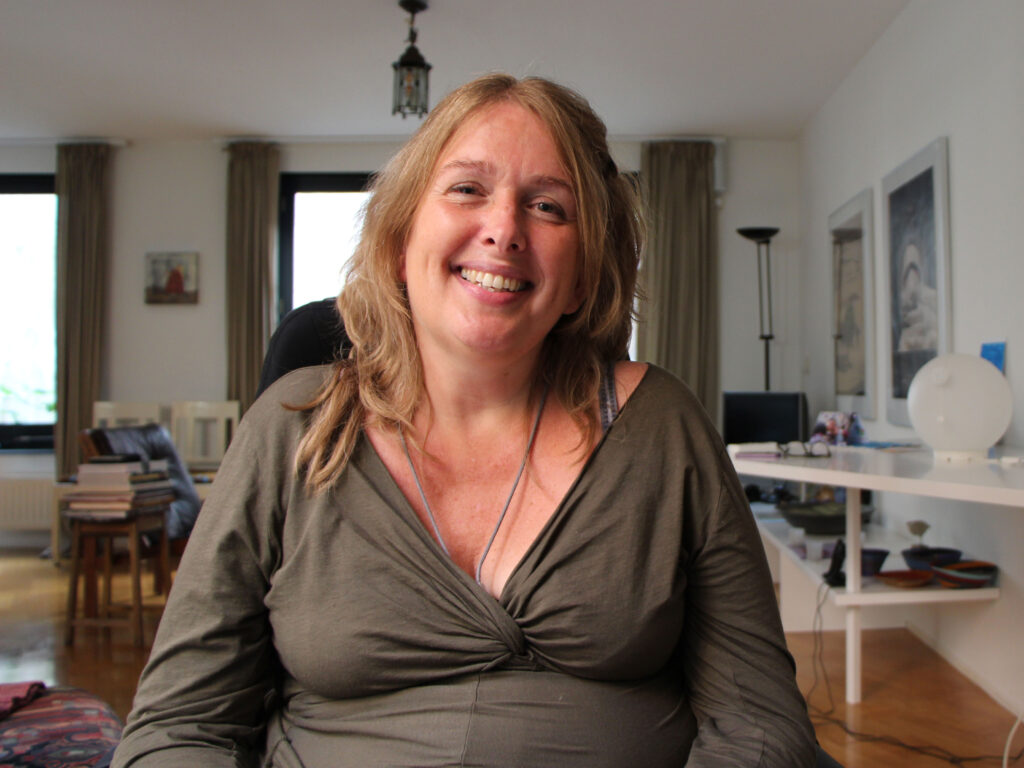
Barbara Heetman’s mother, Jeanne, applied to be euthanised before losing herself in the fog of Alzheimer’s. Her request was considered by the End of Life Clinic (Levenseindekliniek) that specialises in complex euthanasia requests.
The many steps Jeanne had to go through to prove she was mentally competent provide a powerful demonstration of the care with which Dutch euthanasia law is carried out – and an equally powerful rebuttal of claims of a slippery slope.
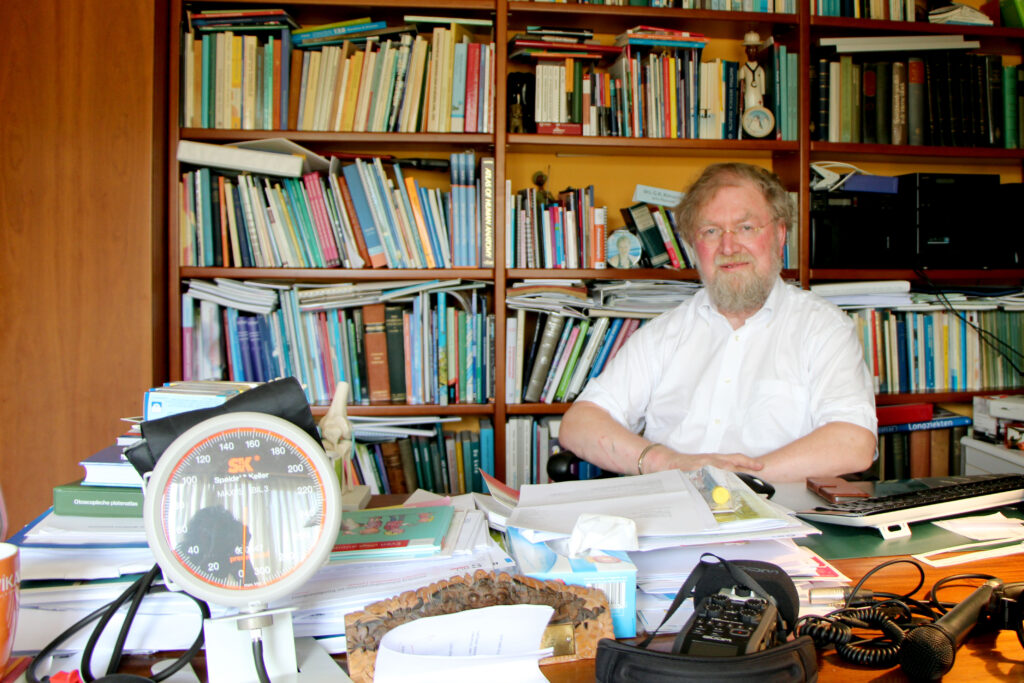
‘It is not something doctors like to do; they don’t. If you can get around euthanasia as a doctor, you will do it, because it costs you.’
Mariska Koster, a Dutch doctor, describing the impact of being involved in a euthanasia death
Please note: this podcast is not about suicide. If you are interested in increasing your understanding of suicide and how to support someone experiencing suicidal ideation, visit the Conversations Matter or beyondblue websites.
If you (or someone you know) require immediate assistance, contact one of the following 24/7 crisis support services: Lifeline (13 11 14), Suicide Call Back Service (1300 659 467), MensLine (1300 78 99 78), beyondblue (1300 22 4636), Kids Helpline (1800 55 1800) or eheadspace (1800 650 890).
Know more
- Article: ‘Attitudes towards assisted dying’ – Economist, 27 June 2015
- Article: ‘The Last Day of Her Life’, by Robin Marantz Henig – New York Times Magazine, 14 May 2015
In this episode
- Mariska Koster
- Theo Boer
- Steven Pleiter
- Gerrit Kimsma
- Eric van Wijlick
- Barbara Heetman
- Alex Schadenberg
Our theme music was composed by Zig Zag Lane for Zapruder’s Other Films, and edited by Jon Tjhia. Music used in this episode includes ‘Four’ (Ólafur Arnalds and Nils Frahm), ‘In Utero’ (subaske), ‘B1’ (Ólafur Arnalds and Nils Frahm), ‘Me’ (Nils Frahm), ‘For’ (Nils Frahm), ‘L$D’ (ASAP Rocky), ‘Slow Show’ (The National), ‘Hands, Be Still’ (Ólafur Arnalds) and ‘Forty-Eight Angels’ (Paul Kelly).
Your stories
If you’re suffering, or someone you love has died badly – in a hospital, in palliative care, in a nursing home, or at home – add your voice and tell your story here.
Further information
Better Off Dead is produced by Thought Fox and the Wheeler Centre.
Executive producers Andrew Denton and Michael Williams. Producer and researcher Bronwen Reid. For Better Off Dead, the Wheeler Centre team includes Director Michael Williams, Head of Programming Emily Sexton, Projects Producer Amita Kirpalani and Digital Manager Jon Tjhia. Editing, sound design and mix on this episode is by Martin Peralta.
Thank you
Thanks to field producer Emily Sexton, and to Paul Kelly and Sony ATV for the use of his song ‘Forty Eight Angels’.
The series
Subscribe in iTunes, or your favourite podcast app. #betteroffdeadpod
Better Off Dead is produced by Thought Fox in partnership with the Wheeler Centre. It is written and created by Andrew Denton for Thought Fox.
Related Posts
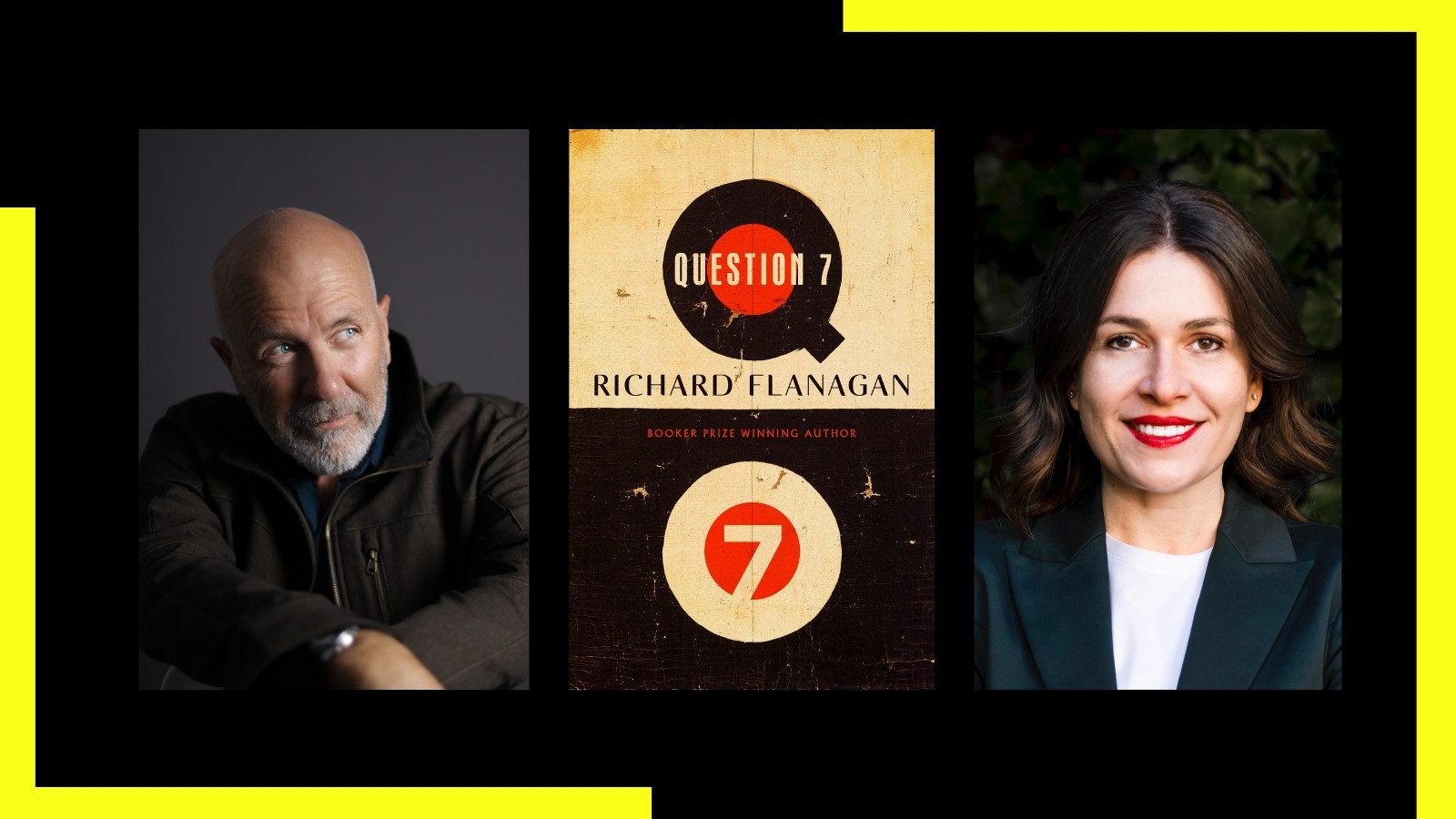
Listen
Richard Flanagan: Question 7
15 Apr 2024
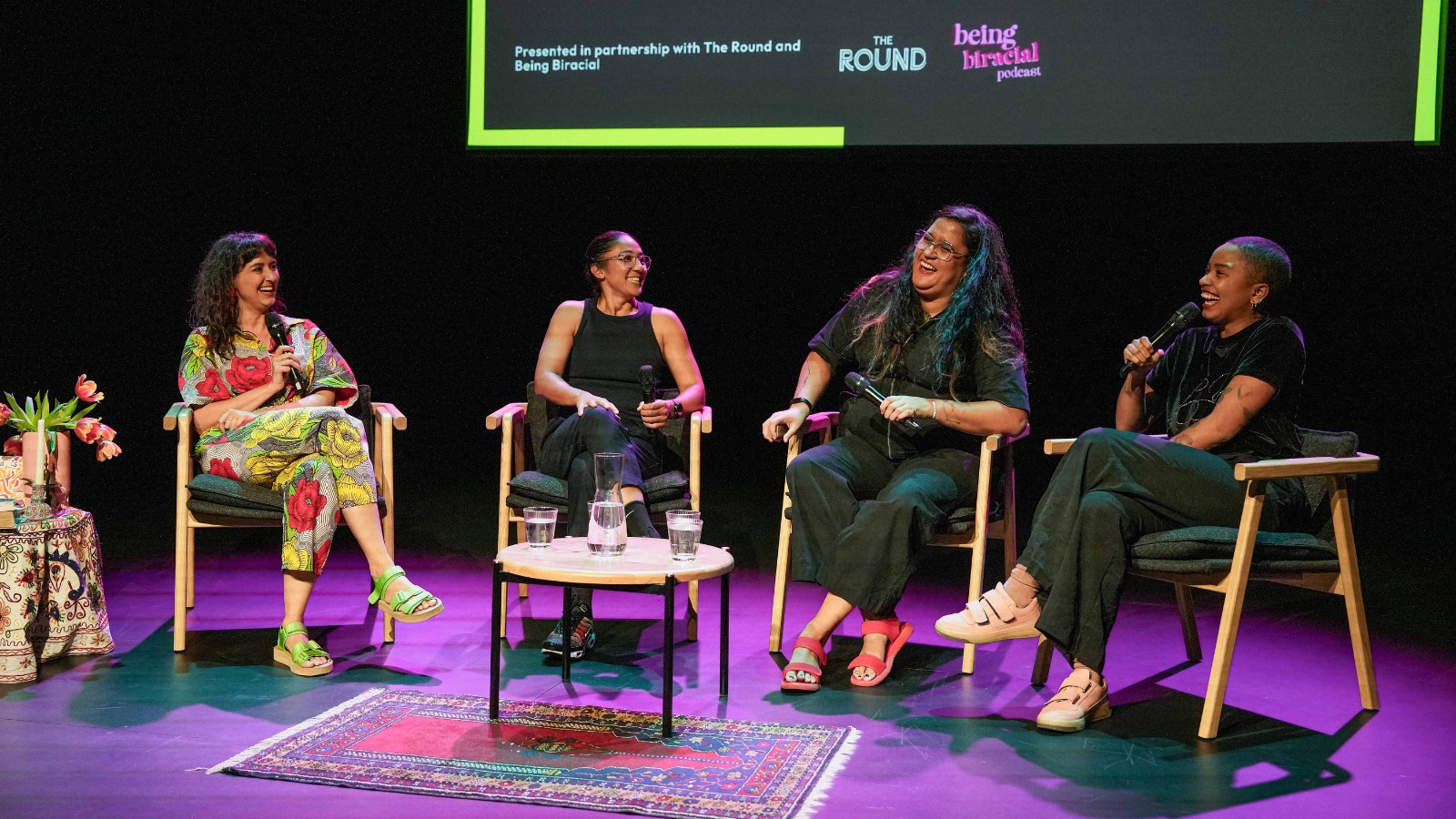
Listen
Being Biracial Live at The Round with Aurelia St Clair and Darcy Vescio
6 Apr 2024
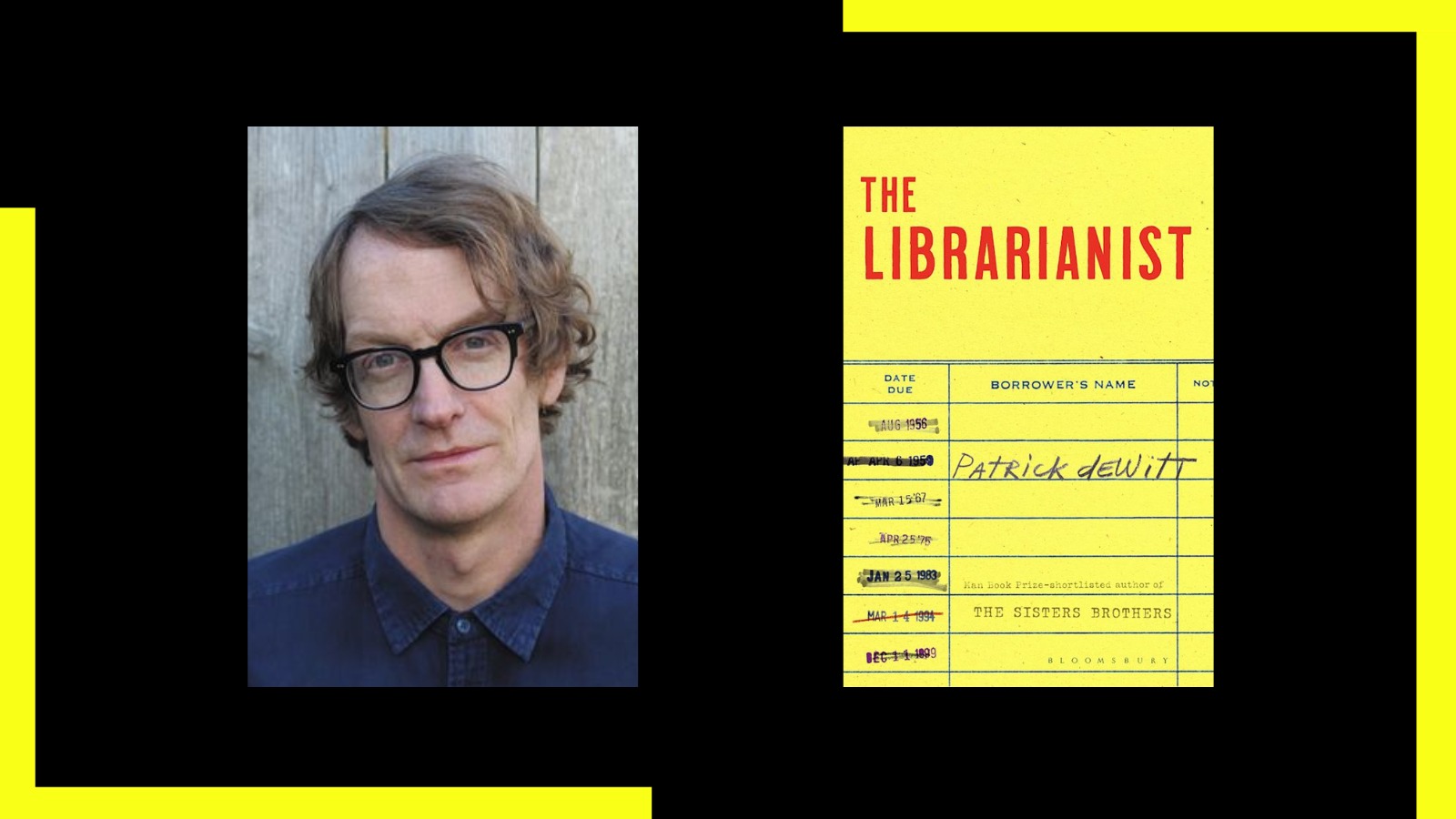
Listen
Patrick deWitt: The Librarianist
2 Apr 2024
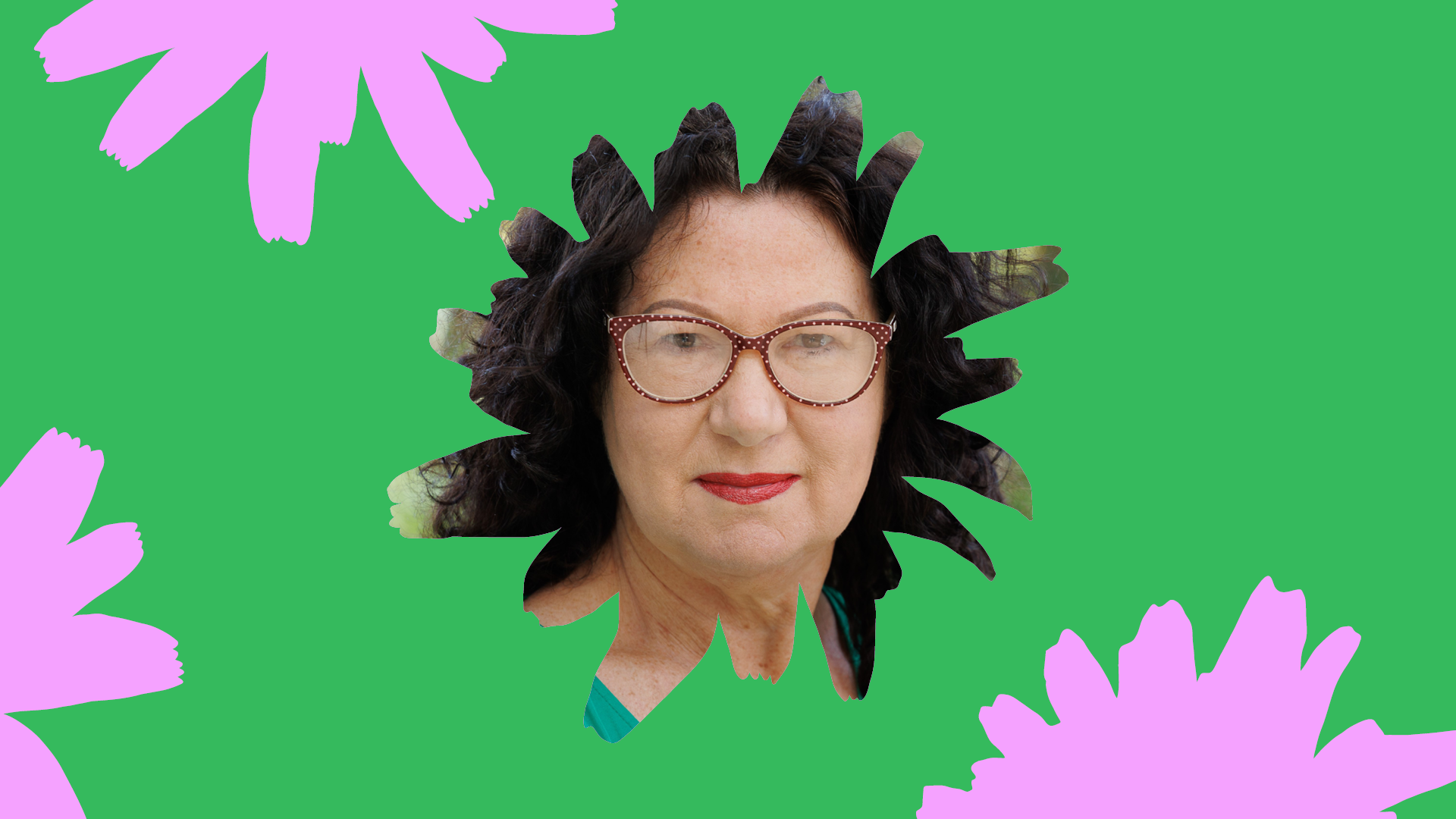
Listen
Jane Harrison: The Visitors
19 Mar 2024
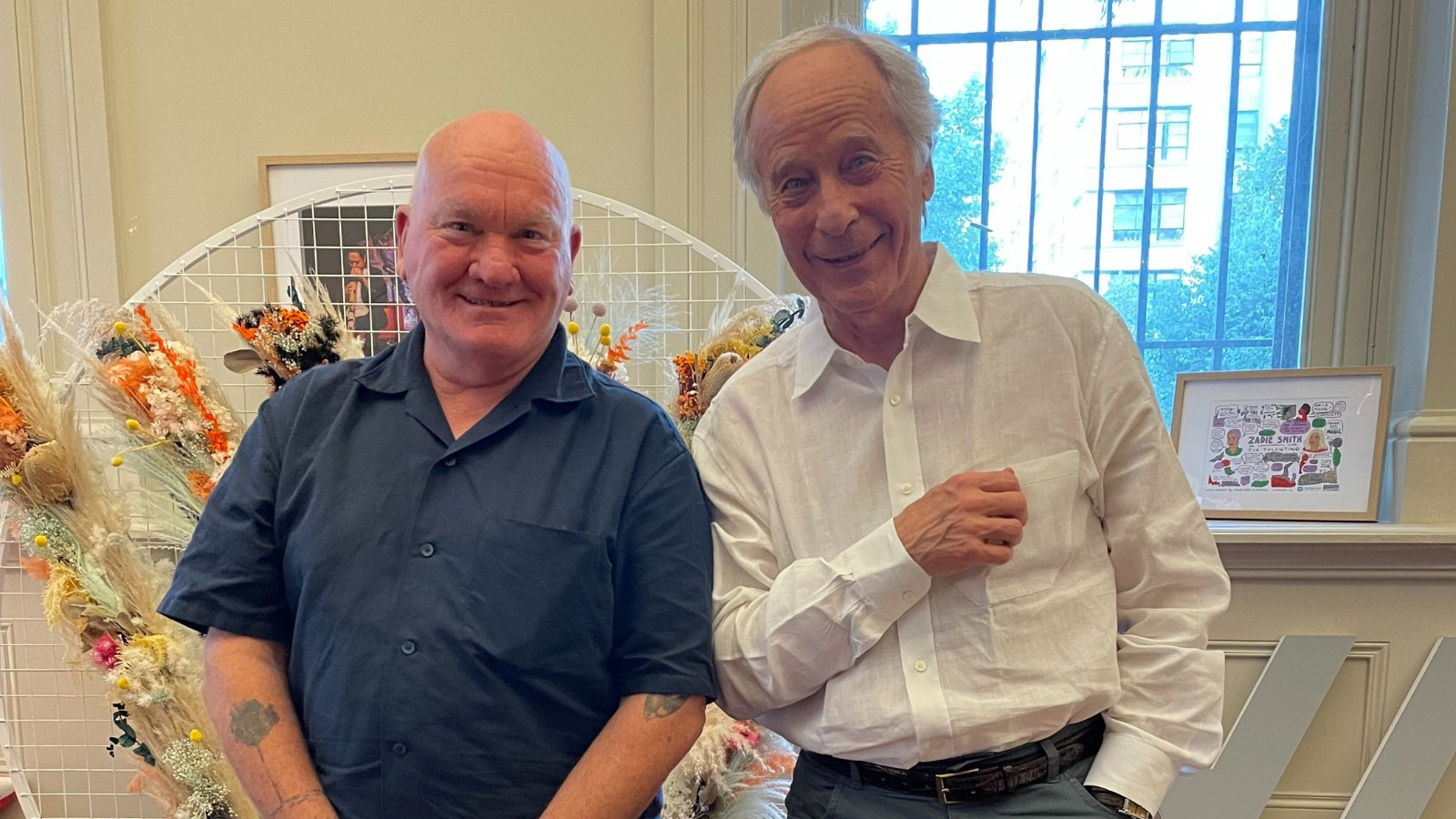
Listen
Richard Ford in Conversation
9 Mar 2024
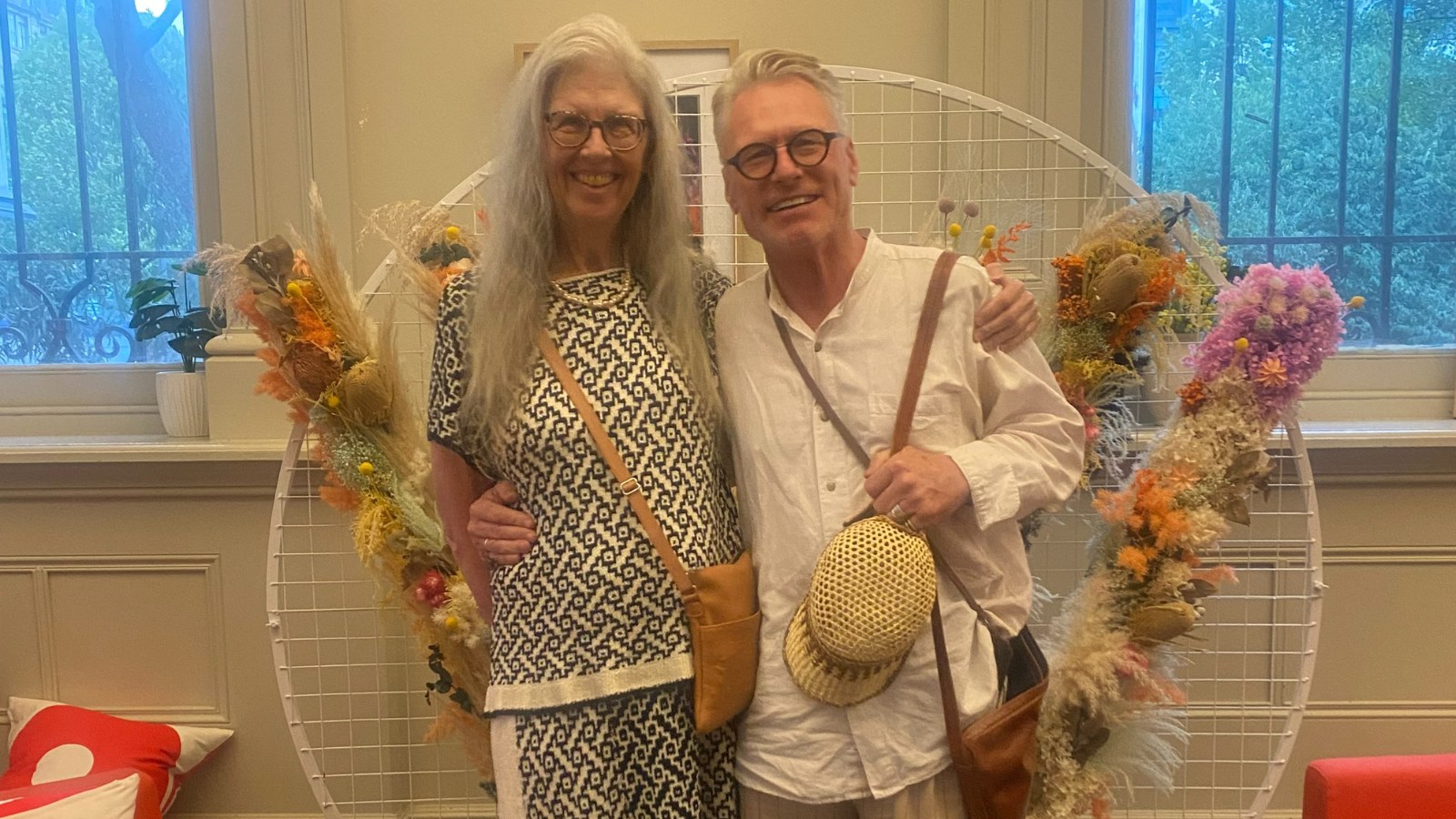
Listen
Jane Smiley in Conversation
4 Mar 2024
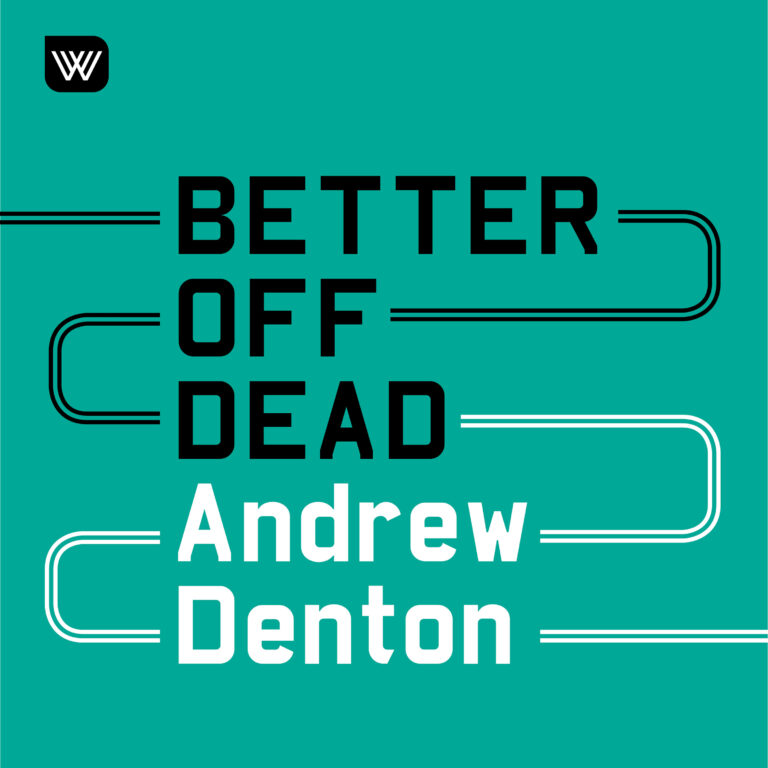
Share this content